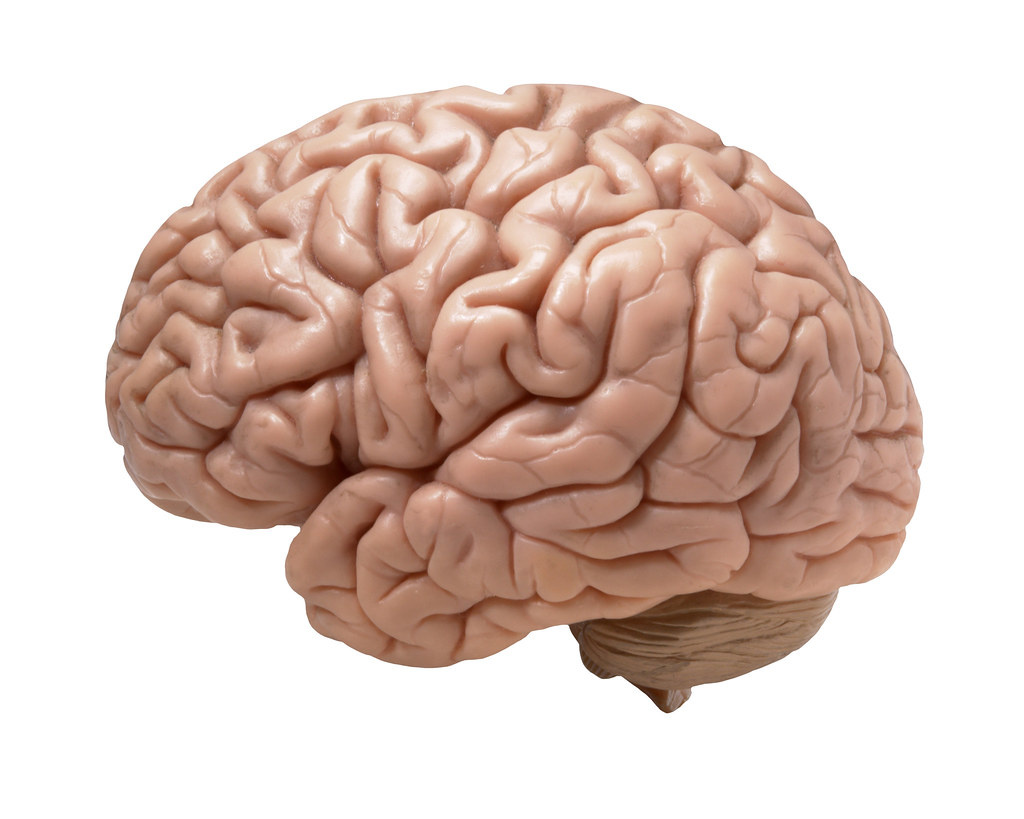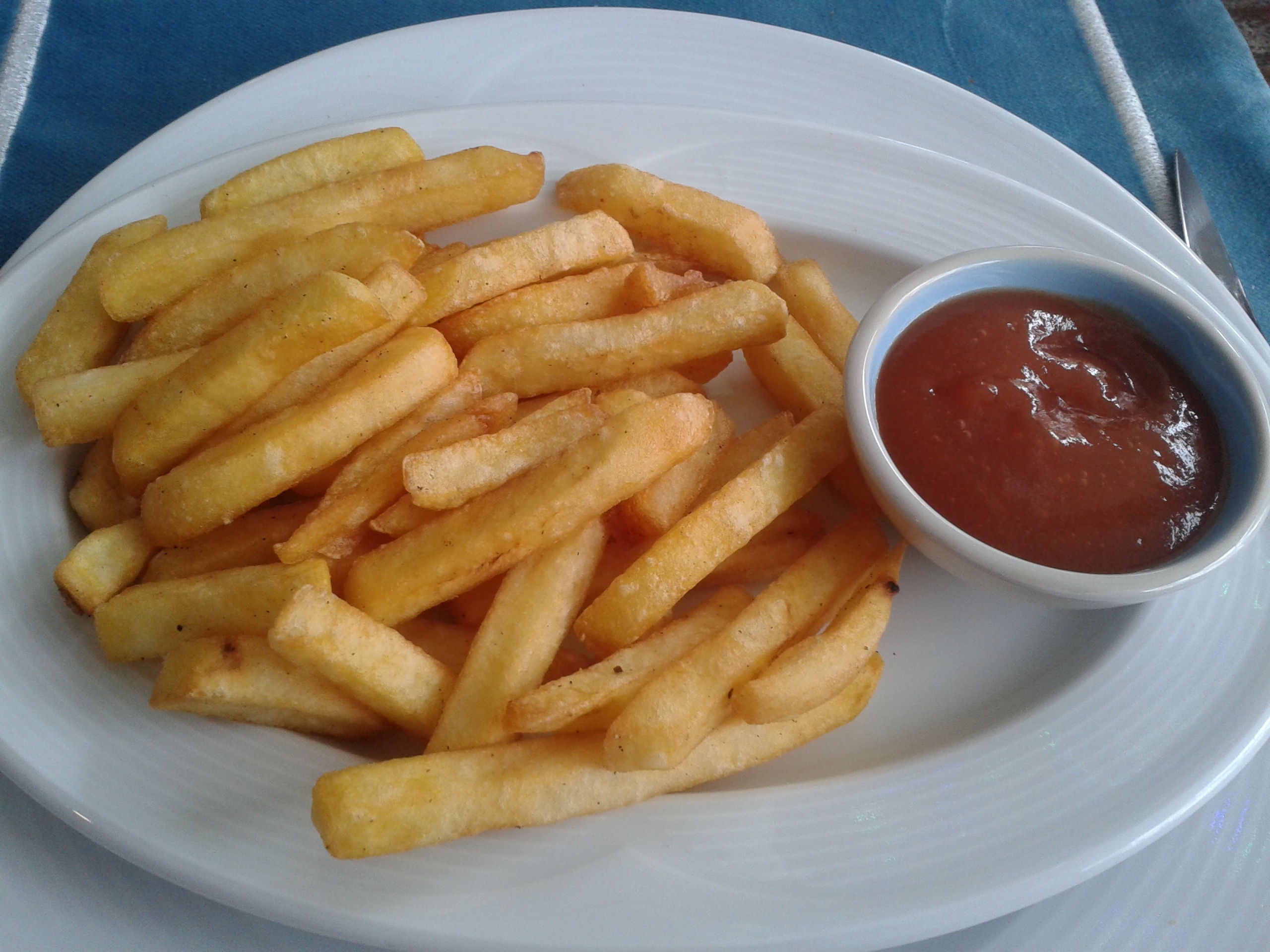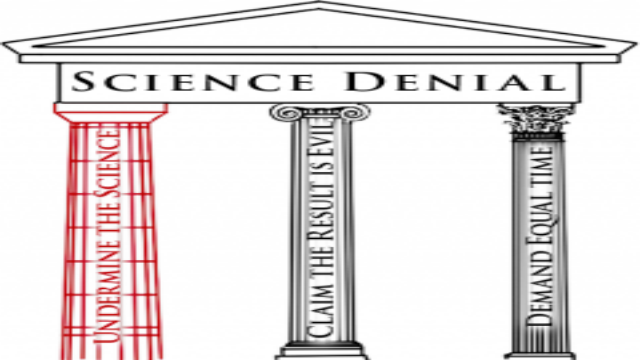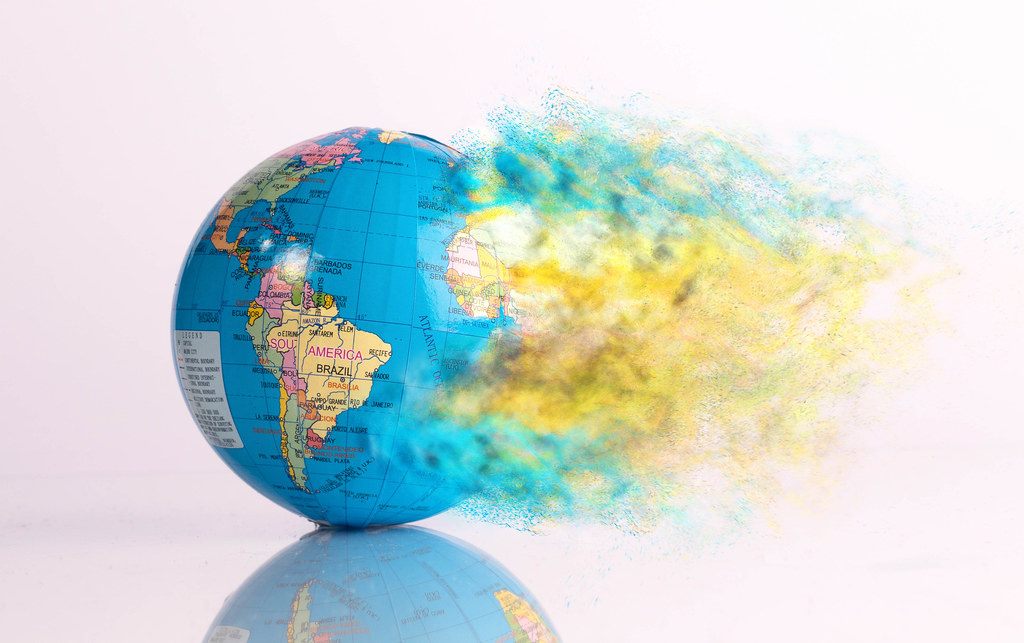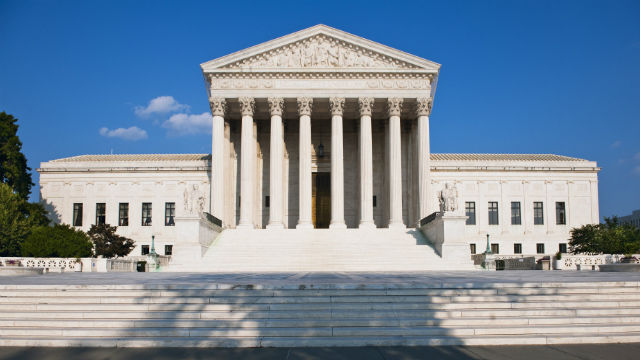David Ropeik
Retired Harvard Instructor, Author
David Ropeik is an award-winning broadcast journalist, a Harvard instructor, and an international consultant in risk communication and risk perception. He’s also the author of How Risky Is It, Really? Why Our Fears Don’t Always Match the Facts.

Blaming all members of any group for the extreme actions of a few ignores one of the underlying reasons for those actions, which is not the ideology or belifs of the group, but just the sense of empowerment that comes from belonging to something more powerful than those individuals feel.
Many say these are the most dangerous violent times humans have ever faced. Pundits dismiss those fears with numbers that show how these are the Best of Times, Who’s right? It doesn’t really matter. What does is, why are people so worried.
Second-guessing of Sony’s withdrawal of “The Interview”, and of CIA torture in the ‘War on Terror,” ignores a basic truth about human behavior: When we are afraid, reasoning and morality readily give way to whatever feels like it might keep us safe.
A civil debate about genetically modified food offers hope about our capacity to make judgments about risk based on facts, not just on our feelings.
Just because there is more information available doesn’t ensure that we make more informed choices. The modern media provide information in ways that play right into the brain’s instinct to do as little work as possible, including the work of getting that information, and thinking carefully about it.
If somebody tells you the risk of something is “1 in a million” or “1 in ten thousand” or even “1 in ten”, you still don’t know nearly enough to gauge how big or small that risk actually is. Get more information before you decide how worried to be.
Companies fear, and GMO opponents hope, that labels on food will scare consumers away. But more and more research indicates that isn’t what happens.
Facing several controversies involving scientific complexity, the European government created a Chief Science Adviser to provide independent objective expertise and input into policy making. when some groups didn’t like what the science said about genetically modified food, they objected to the whole idea of independent science advice to government. The EU government has caved to public pressure and abandoned the Chief Science Adviser function. We should ALL be scared by a move away from evidence-based policy making, toward a solely values-based approach.
A hybrid potato that can reduce food waste and eliminate a suspected carcinogen in cooked potato products would seem to be an environmentalist’s dream. But the hybrid was created using biotechnology to blend potato genes from different varieties, so opponents of genetically modified food are fighting to keep this potentially beneficial product from ever reaching consumers.
Be afraid. Be VERY afraid! Of Ebola. Of ISIS. Of immigrants threatening to bring both threats across a porous border that can’t be protected by a President who can’t even […]
Increasingly, scientific research is being done in ways that seem to advocate the scientists’ point of view, more than to objectively and dispassionately represent “the facts.” Society is at risk when science is hijacked by advocacy-masquerading-as-objective-science, whether such distortion is done by researchers working for companies, governments, environmental groups, or just by scientists who allow their personal views to color the questions they ask and the way they describe and promote their findings.
Ebola is starting to pose a serious risk to public health in America. But the threat is not the disease itself. The real danger is a growing epidemic of fear, an infection that spreads much more readily than the virus, is far harder to treat, and which threatens to cause much more sickness and death. The longer this epidemic of fear persists, the greater the likelihood that fear of Ebola in the United States will harm public health far more than the deadly hemorrhagic virus itself.
In 2008, in exchange for the billions of dollars they needed to stay in business, General Motors and Chrysler agreed to accelerate deployment of more fuel efficient technologies in light […]
We are stardustWe are goldenAnd we’ve got to get ourselvesBack to the garden Oh, how those words from Joni Mitchell touched me in the Woodstock days. Listening to her sweet […]
When Edward Jenner proposed to the parents of 8 year-old James Phipps the risky idea that rubbing some stuff from sick cows onto the young lad might protect him from […]
Big News! Climate change makes news! There’s sustained, high-profile coverage in the major media this week, prompted by the UN Climate summit in New York. It’s great news that climate change is making news. But it’s also sad, because as soon as the events are over, coverage will fade away, at least until the next meeting, or the next violent weather event, or the next political controversy stirred up by those still trying to promote doubt.
The odds of a large scale terrorist attack were low before that fateful day, and remain low now. But risk perception isn’t just a matter of the probabilities. It’s how the risk feels, and any risk that feels like a risk to you feels scarier than a risk that only endangers somebody else.
Want a good lesson on how not to make thoughtful healthy decisions about risk? Take a lesson from what Health Canada just did. It is a classic example of how […]
We humans like to think we’re pretty smart, that our intellect makes us special, that with enough careful thinking we can figure out just about anything. Cognitive science research has […]
I’m lucky to spend a couple weeks each August up at Moosehead Lake in Maine, where paved roads and power lines disappear and an endless blanket of rich green forests […]
More and more often, societies around the world are facing a conflict that puts us all at risk. People reject scientific evidence when it does not fit their worldviews […]
It took a while, but the scientists who study global warming have finally started applying the findings from scientists who study risk communication to the challenge of raising public concern […]
The common definition of risk is ‘the probability of an adverse outcome or event’…in other words, the chance of something bad happening; losing your life, your health, your home, […]
Good LORD the world suddenly seems a threatening unsettling mess, doesn’t it? Wars and plane crashes and disease and environmental catastrophe looming, all at once! It reminds me of Frank […]
There is a frightening, hateful turn of events taking place right now that anyone involved in the GMO issue, or the vaccine issue, or the climate change issue, or […]
A study in the news last week perfectly captures why it’s getting harder and harder to figure out what’s risky. Maybe you heard about it…findings that suggest potential health benefits […]
Regular followers of this blog know that I often write about people who get risk wrong and with their apparent dumbness demonstrate the dangers of the Risk Perception Gap, the […]
Happy Fourth of July weekend, and happy birthday to the United States of America, a wonderful country that, despite its problems, offers so much, including a legal system that insures […]
In the midst of Soccermania Grips America! you may not have heard about that hugely important ruling for the health of the planet, a recent decision by a federal judge […]
It’s interesting that Daniel Patrick Moynihan was not only a U.S Senator and U.N. Ambassador, but a sociologist. Interesting, because Moynihan is usually credited with the pithy sounding observation […]




